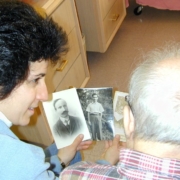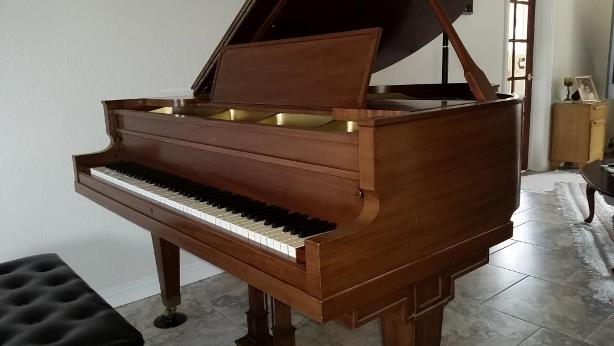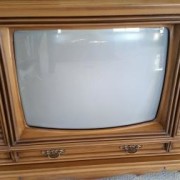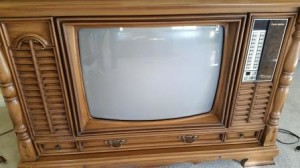“When I get rid of this stuff, then I will… “
Years ago, I’d visit my father in Wisconsin after my mother died and he’d talk about his dreams of visiting Armenia, Russia, and Germany. He was Armenian, fascinated by Russia, and studied the German language in school.
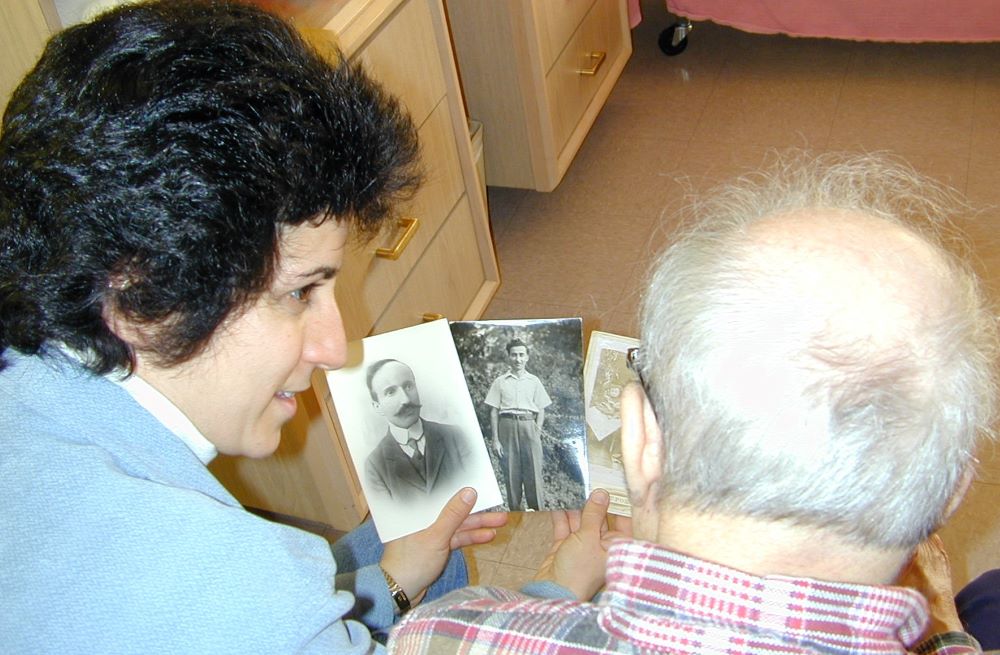
In his mid-eighties, he was in the early stages of dementia. I didn’t know it then. Even when he forgot my name, I chose to help him be independent and live with dignity.
When he shared his dream, I offered to help him. I even said I’d be willing to come along for an unforgettable father-daughter international adventure.
When I get rid of this stuff, then I will
Each time, he’d look around and take stock of his stuff. There were piles of (unpaid) bills and tax notices, notes, articles, and books near his desk. In the basement, he had an overwhelming array of tools and spare parts. With a sigh he’d say, “When I get rid of this stuff, then I will… ”
Almost two decades have passed since he died after living with Alzheimer’s; and now, I find myself saying the same thing. “When I get rid of this stuff, then I will…”
At age 61, I realize this mindset limits my potential. Aside from severely curtailed activities during this pandemic, I must learn from my father and get rid of more of my stuff.
What will I do once I am finished letting go of my stuff?
Once I realized the limits I was foisting upon my progress, a surprising question came to mind in the wee hours one morning: What will I do once I am finished processing my stuff?
This question scared me. It had a big answer—one, that I did not know. It took weeks to digest the magnitude of this shift in thinking.
Sure, I’ve lived through a lot of change—we all have, lately. Yet, to let go means releasing the anchor of my past.
I know better. I co-wrote a bestselling title on decluttering!
Managing clutter is an ongoing process. Many of us in my generation want to share our treasures with family as our parents did. It would make it so much easier. Yet, family doesn’t want these treasures. In truth, they are only things like thoughts that tether us to the past. While there’s nothing wrong with holding onto what’s familiar, holding on too tight to too many things and thoughts doesn’t allow us to enjoy more of our present.
Knowing this, I have been good about letting go. However, paperwork and books are especially daunting. Progress is measured at snail’s pace—inch-by-inch. Letting go of my parents’ furniture from the 1930s, will yield space for new experiences.
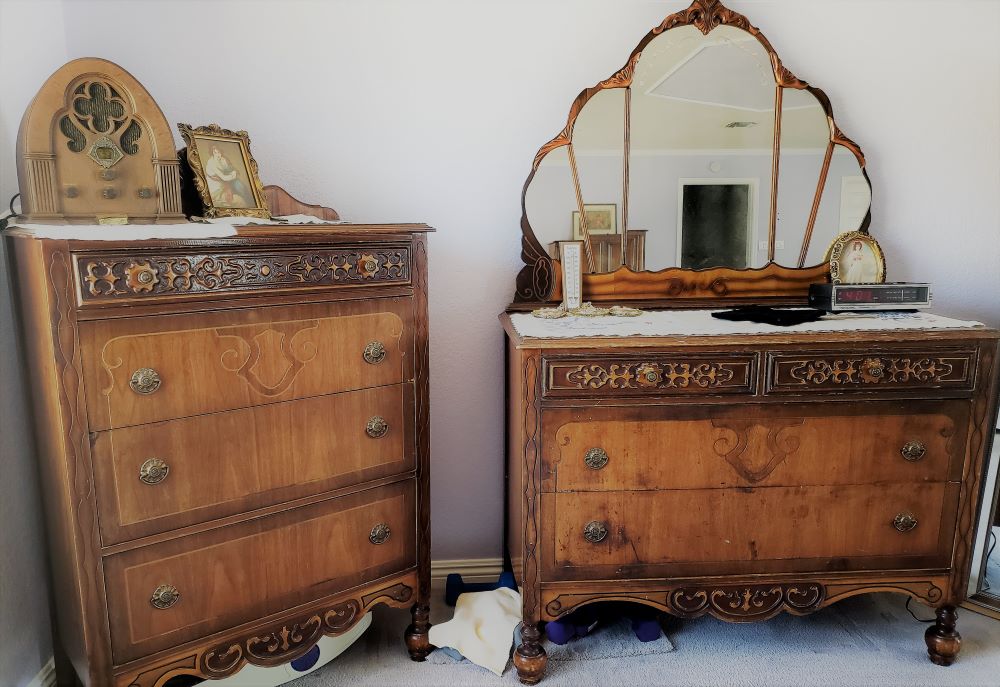
With each generation, we improve. Instead of thinking, when I get rid of this stuff, then I will… I will find the answer that makes sense for me. It may come in pieces but I will know what feels right when I ask, “What will I do once I am finished letting go of my stuff?”
Since a lot of my work is not tied down to a geographic location, this is truly a liberating feeling. And the answer will be the world’s unexpected gift to me.

